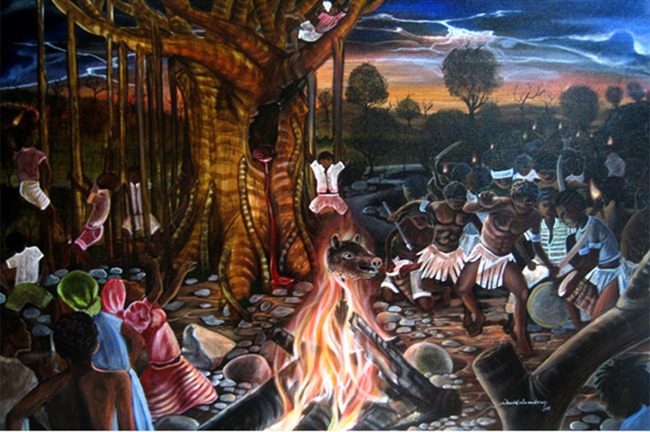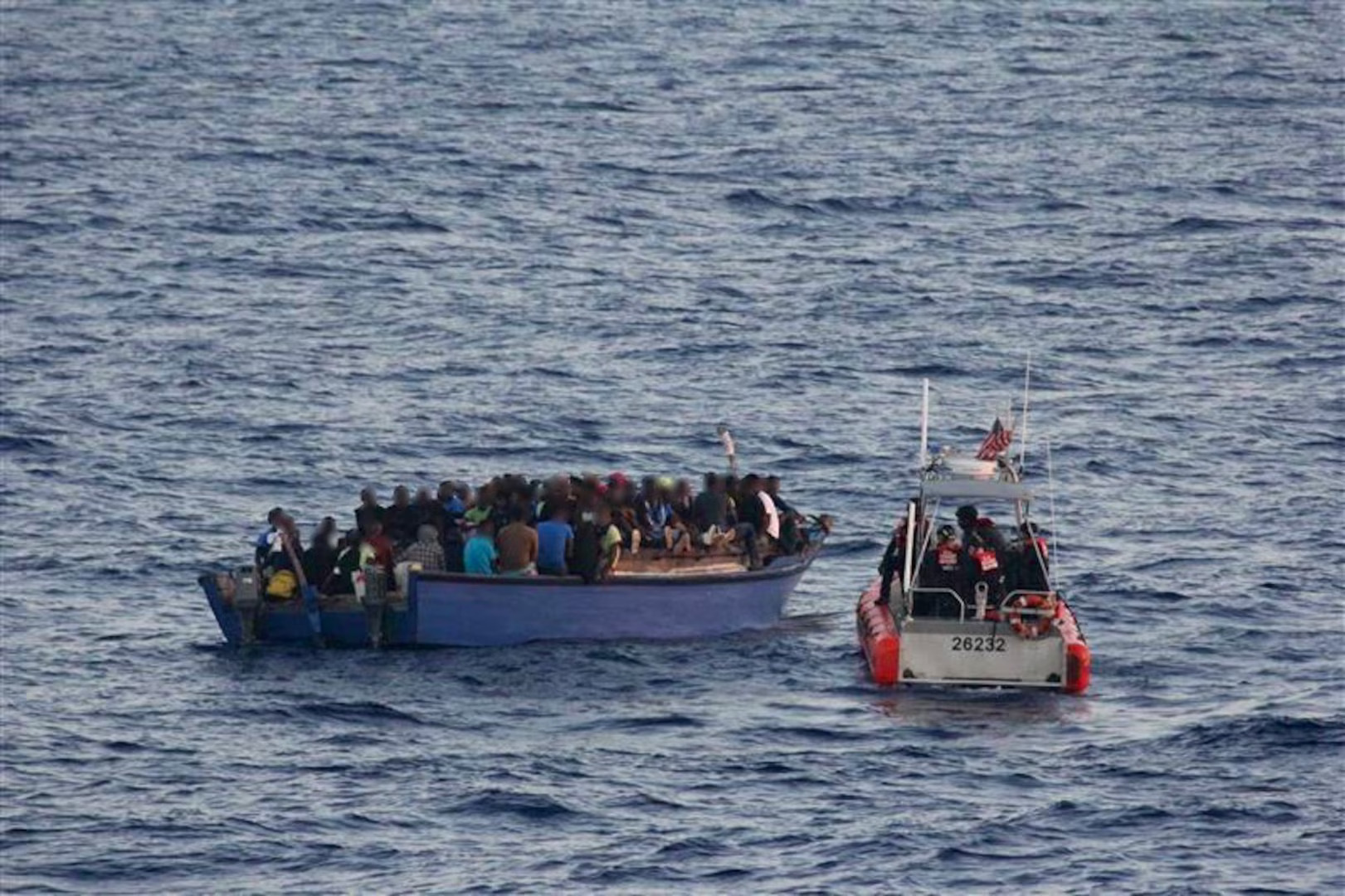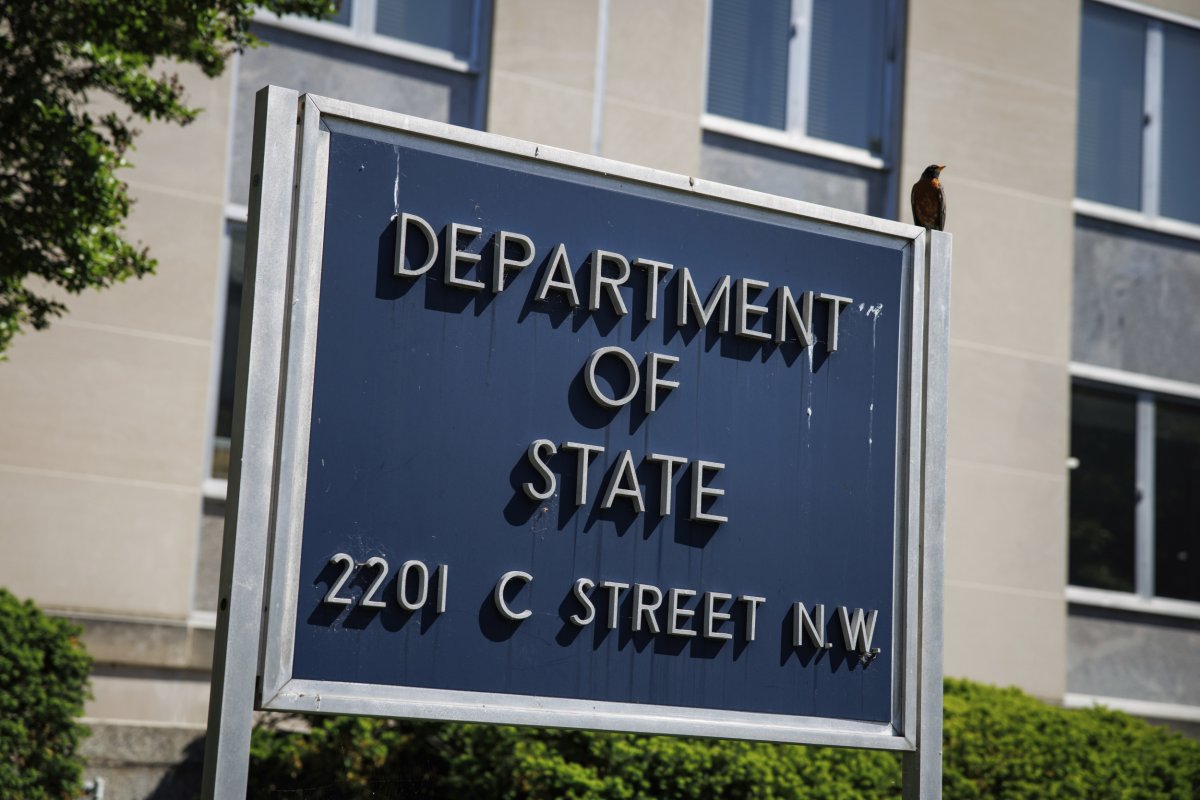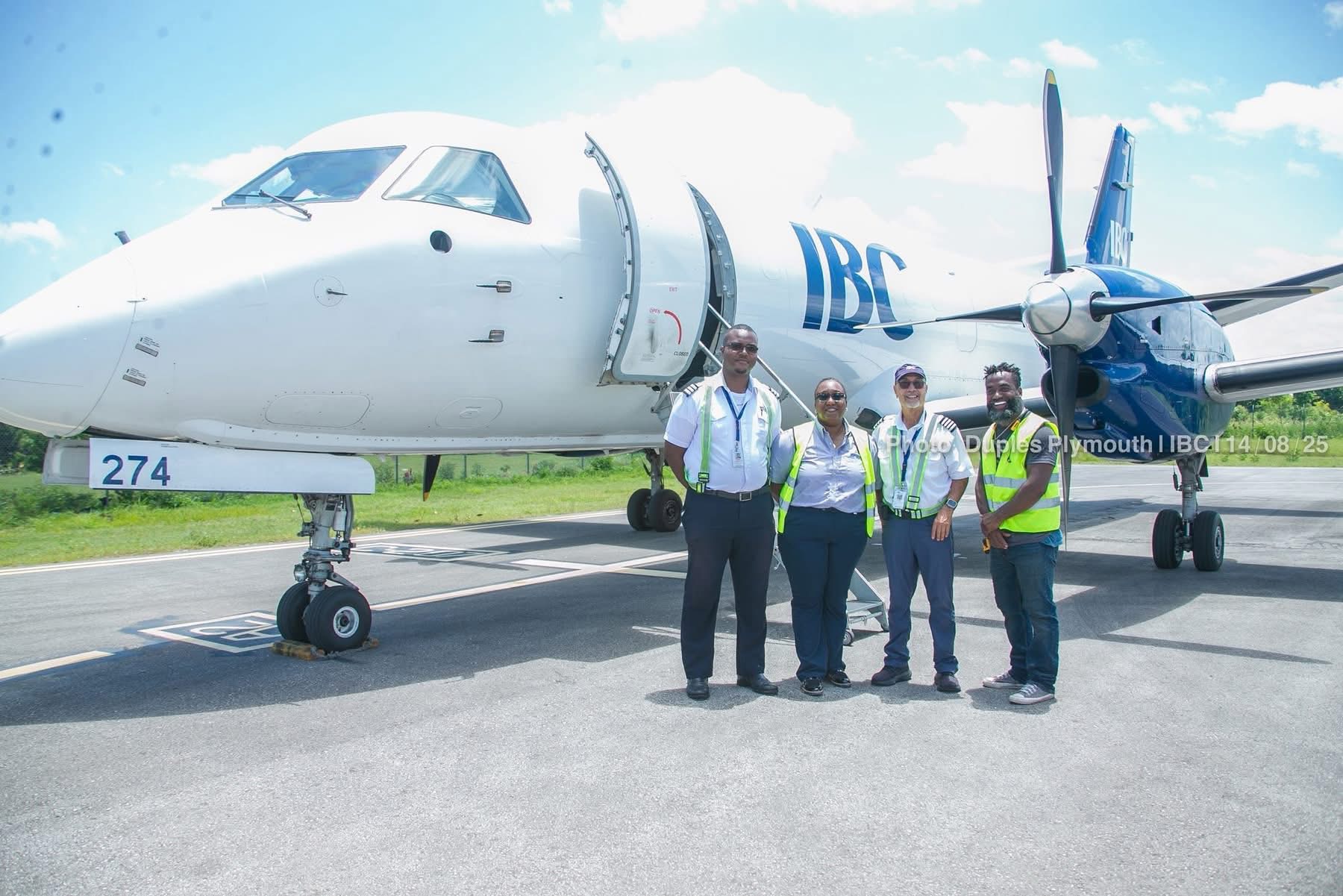234 Years Since the Bwa Kayiman Ceremony: The Spark of Haiti’s Freedom

The Night That Changed History
On August 14, 1791, deep in the northern mountains of Saint-Domingue (now Haiti), hundreds of enslaved Africans gathered in a sacred, revolutionary ceremony that would forever change the course of history. Known as the Bwa Kayiman Ceremony, this event marked the spiritual and political beginning of the Haitian Revolution—the world’s only successful slave revolt that led to the creation of the first free Black republic.
Led by the legendary figures Dutty Boukman, a Jamaican-born enslaved man and Vodou priest, and Cécile Fatiman, a priestess, the gathering united enslaved people under a single cause: to break the chains of slavery and fight for freedom. Through ritual, oath, and collective resolve, they declared war on oppression.
From Ceremony to Revolution
In the days following Bwa Kayiman, coordinated uprisings erupted across the colony. Plantations burned, enslavers were attacked, and a fire of rebellion swept through the French colony. This uprising escalated into a 13-year war against one of the most powerful colonial empires of the time.
On January 1, 1804, under the leadership of Jean-Jacques Dessalines and other revolutionary generals, Haiti declared independence—becoming the first Black republic in the world and the second independent nation in the Western Hemisphere after the United States. The revolution shattered the system of slavery and inspired movements for freedom across the globe.
Why Bwa Kayiman Still Matters
Today, 234 years later, Bwa Kayiman is more than a historic event. It is a symbol of unity, resistance, and courage for the Haitian people and the African diaspora worldwide. It reminds us that freedom is never given—it is fought for through sacrifice, solidarity, and unwavering will.
Haiti’s revolution stands as proof that even the most oppressed can rise against the greatest powers when united by a common purpose. The legacy of Bwa Kayiman continues to inspire social justice movements, cultural pride, and global calls for equality.
Commemorations in 2025
Cultural and community organizations across Haiti and the diaspora marked the 234th anniversary with ceremonies, performances, and discussions to honor the spirit of the ancestors. From Cap-Haïtien to Port-au-Prince to Haitian communities abroad, the memory of Bwa Kayiman lives on in music, theater, Vodou rituals, and public gatherings.
The Haitian government has also announced new heritage initiatives to preserve historic sites, including Bwa Kayiman, Citadelle Laferrière, and Sans-Souci Palace, underscoring the importance of safeguarding Haiti’s cultural legacy for future generations.
Conclusion
The Bwa Kayiman ceremony of August 14, 1791, is more than history—it is a living reminder of Haiti’s identity and strength. As the nation continues to face challenges, the courage of those who gathered that night serves as a guiding flame: freedom, unity, and dignity for all.








